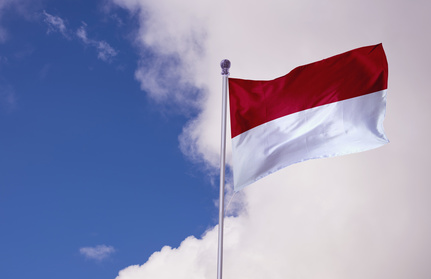The parliament of the Republic of Indonesia amended the current Trademark Law and passed a new Law (the “New Trademark Law”) on 27 October 2016. The amendment enhances trademarks in line with international conventions and standards. In addition, the amendment will help to boost the development of the creative economy and trade of Indonesian products in the international market.
The New Trademark Law should be enacted at the latest within 30 calendar days after 27 October 2016.
Below are some of the key changes under the New Trademark Law:
- Introduction of Non Traditional Marks. The New Trademark Law introduces protection to Non Traditional Marks in the form of (a) Sound Marks; (b) 3D marks; and (c) Hologram Marks.
- Simplification in the trademark application process whereby the New Trademark Law introduces minimum requirements for filing a trademark application. A filing date will be assigned as long as the applicant (a) fills in an application form; (b) provides the relevant trademark label; and (c) pays the official fees.
- Changes in the trademark application procedures will be implemented. For example, all mark applications will enter into the publication stage first (during which period any interested third party can oppose a trademark application) and following the end of the publication period, the application will enter the substantive examination stage. This is aimed at accelerating the application process as the substantive examination is designed to also examine any possible oppositions that may be filed against a trademark application. Therefore, it is no longer necessary to carry out a second examination of an application if there is an opposition filed.
- The New Trademark Law allows submission of a renewal application within 6 months after the end of the registration period. Under the New Trademark Law, renewal can be filed within 6 months before the end of the registration period (by paying the official renewal filing fees) and within 6 months after the end of the protection period (by paying the official filing fees and relevant charges).
- Introduction of heavier criminal sanctions, in particular with respect to trademark infringement that will endanger human health, the environment and will cause death. This addition is designed to act as a deterrent against infringes and counterfeiters.
- Provision on the protection of Geographical Indications.
In addition to the above, other changes also include:
- Trademark rights can be assigned while an application is pending.
- Trademark applications based on the Madrid Protocol are now acceptable. This will be subject to further implementing regulations.
- Acceleration of application processes. Under the current Trademark Law, the time frame for a trademark application is approximately 14 months, whereas under the New Trademark Law the time period is shortened to only around 9 months.
- The New Trademark Law also provides all implementing regulations of the New Trademark Law must be issued within 2 years after the law is enacted. This will address the issues where implementing regulations of the current Trademark Law were issued long after the enactment of the law itself or may have never been issued, such as the implementing regulation on well-known marks which have been pending since 2001.
If you need any further information in regard to the changes outlined, please don’t hesitate to contact us.

